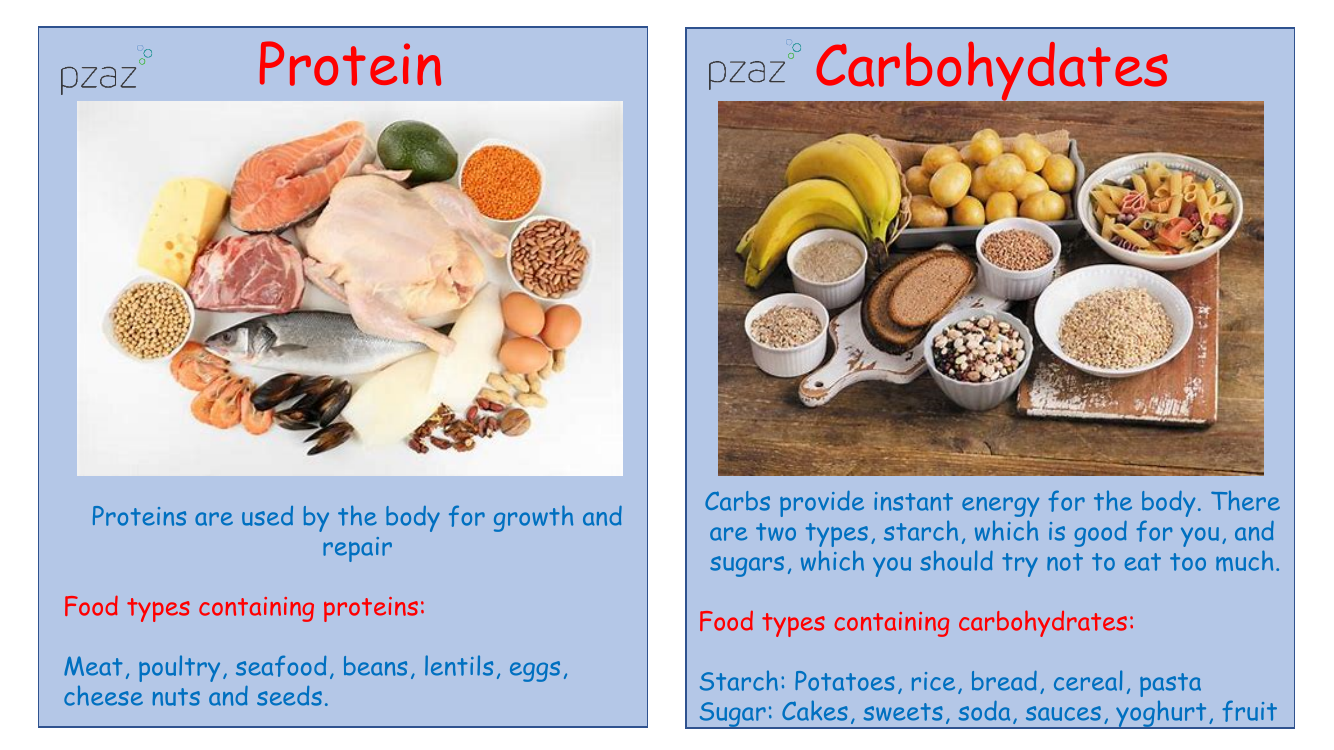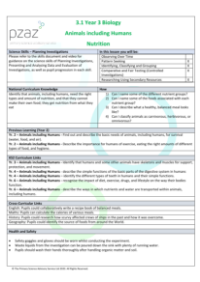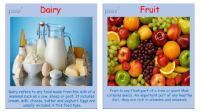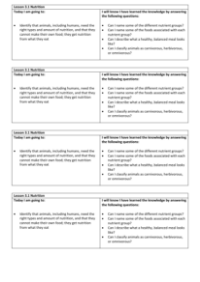Nutrition - Nutrient Cards

Science Resource Description
Proteins are essential for the body's growth and repair processes. They can be found in a variety of food sources including meat, poultry, seafood, beans, lentils, eggs, cheese, nuts, and seeds. It's important to include these protein-rich foods in your diet to support bodily functions and maintain muscle mass.
Carbohydrates, commonly known as carbs, are the body's primary source of instant energy. They come in two types: starches, which are beneficial for health, and sugars, which should be consumed in moderation. Starchy carbohydrates are present in foods like potatoes, rice, bread, cereal, and pasta. Sugary carbohydrates are typically found in cakes, sweets, soda, sauces, yoghurt, and fruit. Balancing your intake of carbohydrates is key to a healthy diet. Fats are another source of energy and also help insulate the body. However, not all fats are created equal. Saturated fats, found in butter, ghee, lard, coconut oil, and biscuits, are generally considered less healthy, whereas unsaturated fats, such as those in olive oil, sunflower oil, and avocados, are healthier choices. Vitamins and minerals, though required in smaller quantities, are vital in preventing disease and maintaining overall health. There are 13 known vitamins, each identified by a letter up to K, and numerous minerals, all of which can be found in fruits, vegetables, meat, poultry, nuts, seeds, and mushrooms. Fibre is crucial for digestive health, assisting in the smooth transit of food through the gut. Fibrous foods include cereals, leafy green vegetables, beans, and seeds. Lastly, water, while not a food group, is essential for hydration and should be consumed in adequate amounts daily. Milk, fruits, and vegetables also contribute to fluid intake. A healthy diet is achieved by consuming appropriate amounts of each of these seven food groups, bearing in mind that overconsumption can lead to health issues.








